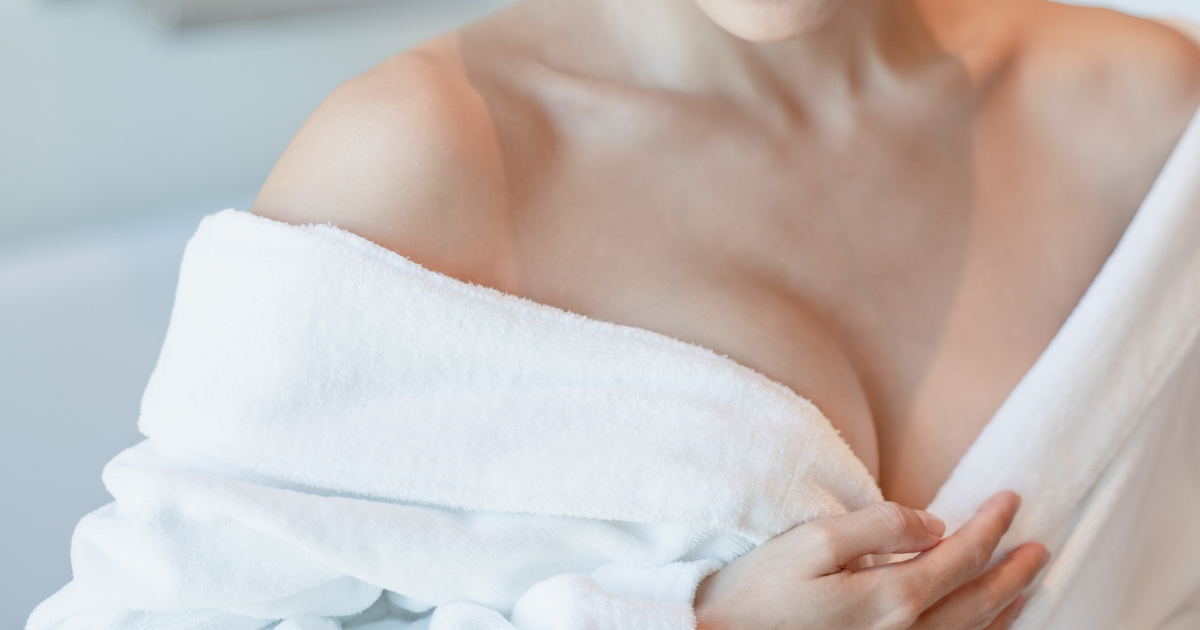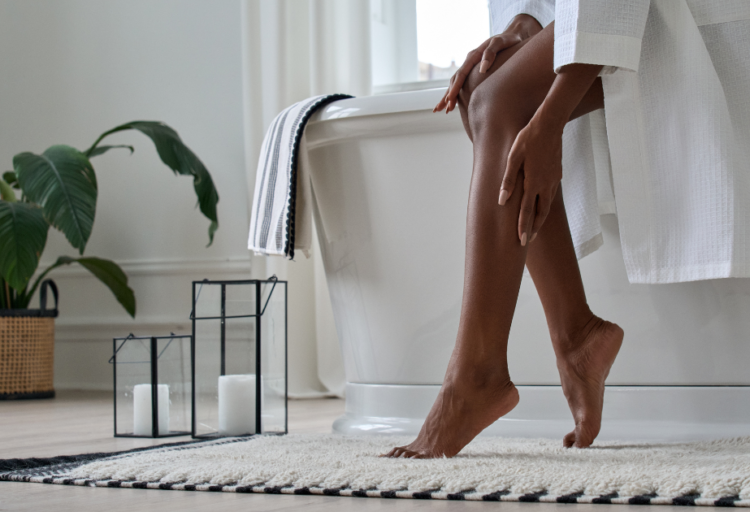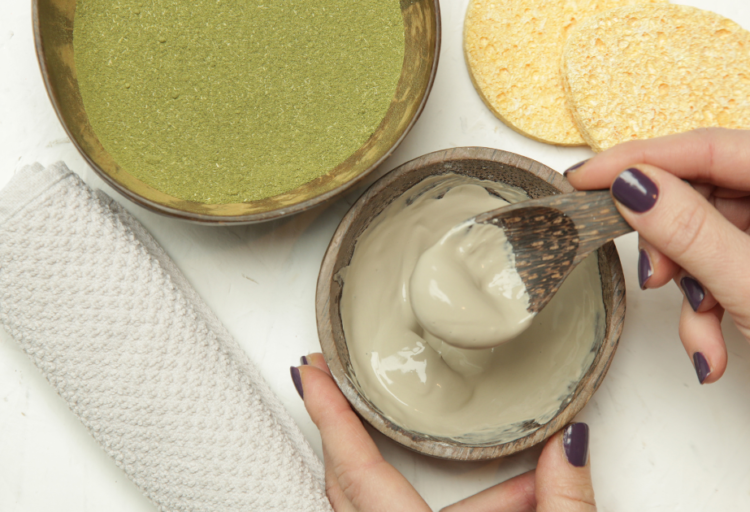Hygiene plays an important role in health, outer appearance as well as confidence. Inner and outer feminine hygiene practices contribute to the body’s maintenance. The body encounters various changes daily due to factors, such as diet and hormones. Some of these changes are normal, but others can present as worrisome especially when feminine hygiene care is not an essential part of your daily routine.
The internet’s vast amount of feminine hygiene facts can complicate a simple hygiene routine. Here are the 8 best feminine hygiene practices to employ in your care routine and a list of feminine hygiene products to get you started.
Change sanitary products regularly
That time of the month can be stressful, but it is important to frequently change those pads and tampons and remember to empty your menstrual cups. Going a whole day without employing such practices is not only uncomfortable and unsanitary but is also dangerous for your vaginal health.
Sterilizing is recommended with menstrual cups in between use to prevent infection. You can also use a stain remover to renew the look of your menstrual cups.
__________________________________________
Frequent change of underwear or panty liners
Moisture, sweat, and urine residue from improperly wiping can be a breeding ground for bacteria. The moisture-loving nature of fungus and bacteria can create an unhealthy environment for your intimate area if you do not change wet underwear/panty liners.
A toiletry bag is great for storing extra liners or underwear during busy days.
__________________________________________
Hydrate
Water is an essential component of the human body, which helps the proper function of various organs. Hydration helps your body’s inner organs and your skin’s outer appearance. The skin on your overall body, including your vulva, will retain adequate moisture with hydration.
Hydration helps the vagina maintain its lubricative effects, which allows it to remove infection-causing bacteria properly. According to the Mayo Clinic, daily consumption of 2.7L of water is the recommended amount for the average woman. If you have difficulty hydrating, a marked water bottle can be helpful.
__________________________________________
Make the switch to cotton underwear
Your intimate area’s skin is more sensitive than other parts of your body. The choice of a material that is both comfortable and safe is important. Your underwear is worn mostly throughout the day; therefore, choosing the correct sizing also should be prioritized.
Synthetic materials are not as breathable as cotton, leaving you prone to irritation and infections. Style is important for many, so choose underwear with cotton inner lining if you cannot find your style in 100% cotton.
__________________________________________
Routinely clean your washcloths
Your intimate area is sensitive and needs to be handled with care. Some people prefer to use their hands to clean the vulva, while others use a cloth. It is important to choose one that will not irritate the area, such as a baby washcloth.
Frequently cleaning this item is recommended, and employing the use of a gentle washing agent is advised.
__________________________________________
Switch to unscented soaps/liquid cleansers
The market for any feminine hygiene wash is enormous. Your vulva is sensitive and will need a mild and gentle cleaning agent. The products that you choose should be gentle enough not to disturb the pH of your intimate area. A great choice is the Frank Body wash for sensitive skin.
For those who prefer bar soaps with clean ingredients, the unscented plant-based soap from Codex Beauty will provide the lather and cleansing effect you are seeking.
__________________________________________
Try portable bidets
You have most likely heard of a bidet for cleaning the anal area, but they also exist for the external genitalia. Note that you should not use this for douching purposes, as this can cause more harm than good, even if done with water.
Your vagina is self-cleaning; therefore, your bidet should only be used for your vulva. Keeping portable bidets could be helpful on those long days at school or the workplace. This can also be helpful for those experiencing frequent vaginal discharge. Although vaginal discharge can be normal, note the changes and be sure to speak to a professional when needed.
__________________________________________
Use gentle wipes
Some people prefer wipes over toilet paper for their intimate areas. When choosing wipes, note the ingredients and use products containing clean ingredients. Some feminine hygiene wipes can contain ingredients harmful to the vagina’s microbiome, so choose wisely.
Water wipes are an excellent option for your vulva. If you generally have longer days or sweat often, these will make a great addition to your routine.














